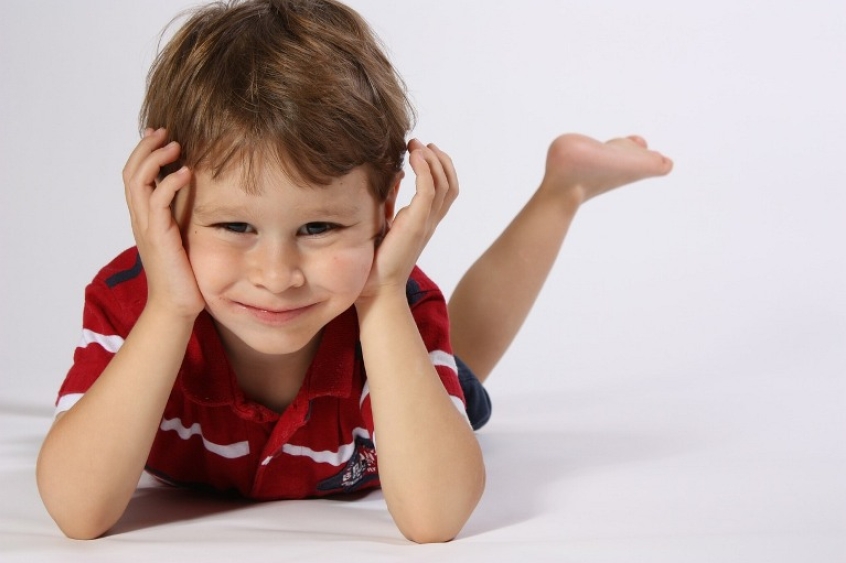
A sense of justice among preschoolers may be more developed than initially thought, according to new research findings.
The new research found that three-year-old and five-year-old kids were able to identify, through a puppet study, mean actions and react by helping victims instead of inflicting punishment to perpetrators.
According to a Live Science report, previous studies have shown that children can have positive social interactions at such an early age. These children have reacted negatively towards puppets in previous studies that behaved badly.
To better understand how children react to injustices, Keith Jensen, a psychologist from the University of Manchester, England, and his team set up an experiment involving puppets.
In the new study published on June 18 in Cell Press journal Current Biology, the kids from Germany observed scenes from a puppet show and from there, they were found to show concern for others and have a sense of restorative justice, as stated in the report.
In one of the scenarios from the puppet show, a puppet stole an item from a child or another puppet. Another scene showed that a puppet took something from a child or another puppet and handed it to another person.
The third scene involved the master puppet who took something and did not give it to somebody else.
The researchers found that the kids were more inclined to take the side of the puppet "victim". When given several options, the toddlers would prefer to return the stolen item instead of getting rid of it.
Moreover, the children were observed to have intuitive sense of justice, whether they or the puppets are the victims of loss or theft--which suggests that they don't make distinctions between themselves and other people, reports EurekAlert.
According to Jensen, the new study focused more on restorative justice or repairing the damage caused by harm, which is different from retributive justice or punishing the criminal for their acts.
"The take-home message is that preschool children are sensitive to harm to others, and given a choice would rather restore things to help the victim than punish the perpetrator," said Jensen in a report from EurekAlert.













